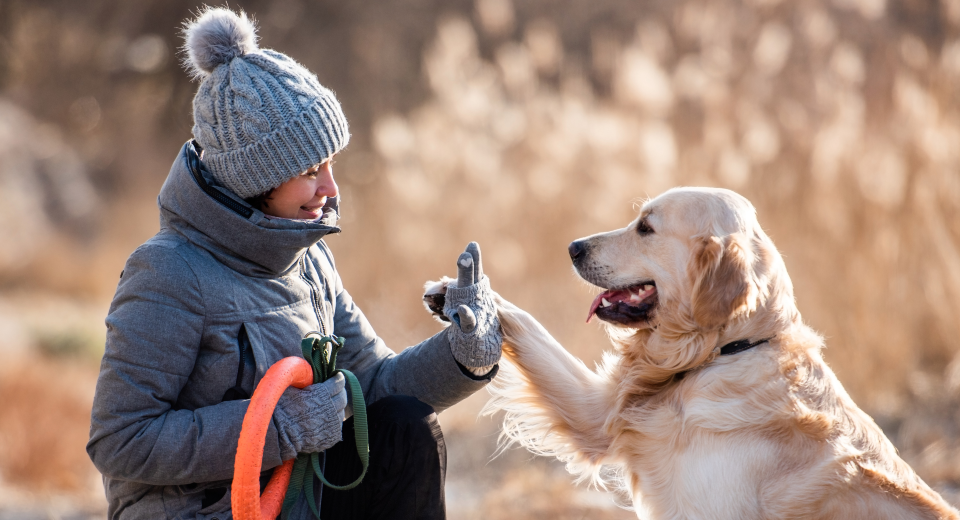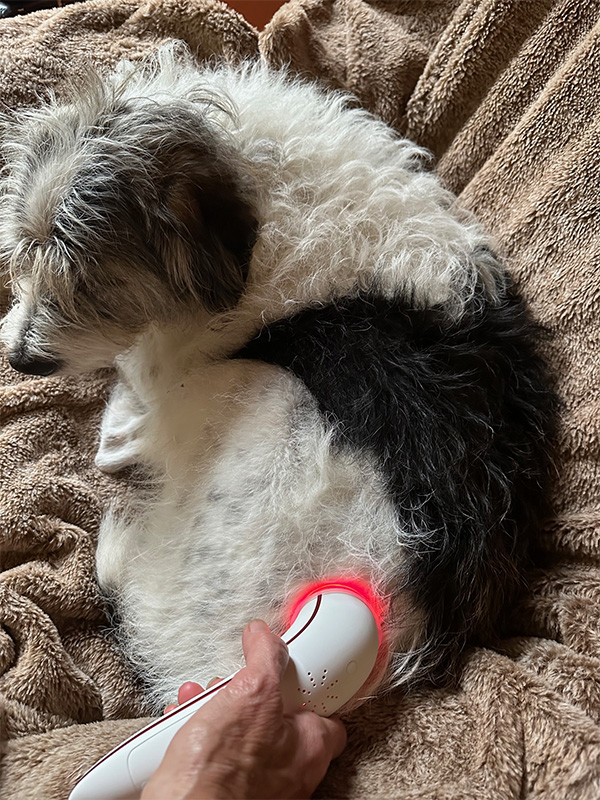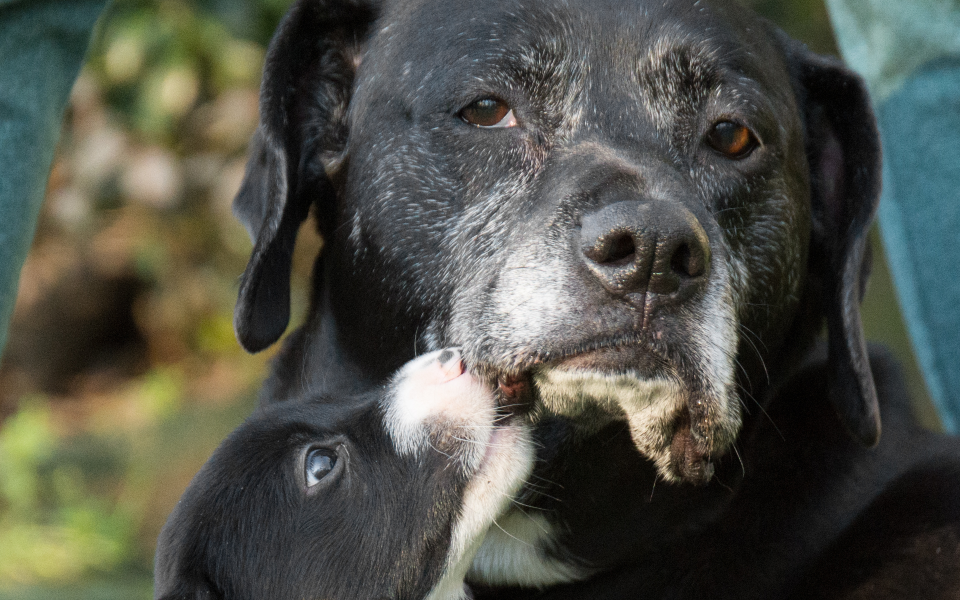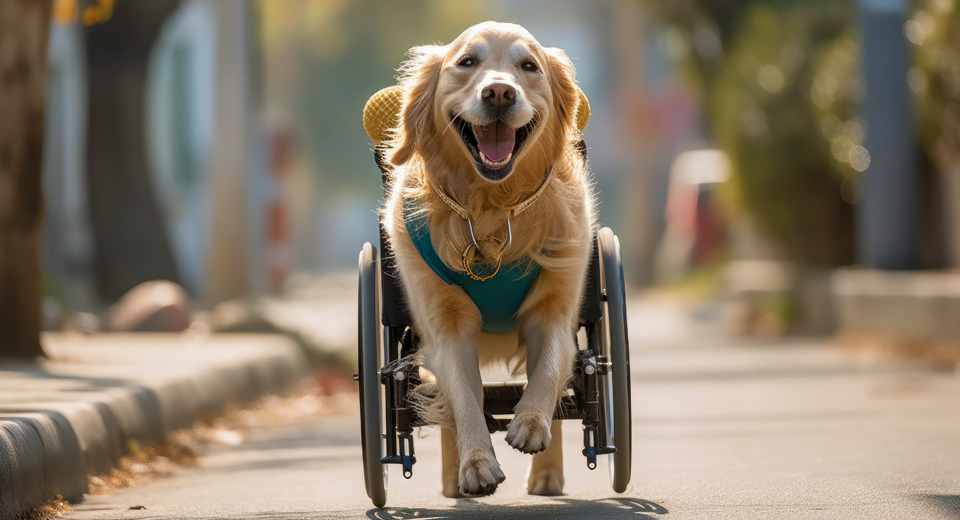
Saying goodbye to a beloved companion animal is one of the hardest things a pet parent faces. Whether the goodbye is a natural occurrence or a peaceful euthanasia, pet parents historically have only had the options of burial or flame cremation.
For pet parents who say their goodbyes at a veterinarian practice, the veterinarian often doubles as undertaker, sending the pet’s body to a crematorium. Flame-based pet cremation has the unfortunate impact of a sizable carbon footprint due to the carbon dioxide the flaming chambers release. For example, a traditional human cremation chamber releases over 535 pounds of carbon dioxide into the atmosphere in a three hour period.
Burial carries its own set of issues from an environmental standpoint, ranging from land use, to water and chemical contamination management.
Water cremation – also known as Aquamation – offers pet owners a futuristic, planet-friendly alternative. Grand Rapids is home to one of approximately 400 worldwide pet aquamation facilities, and that number is on the rise as environmental awareness increases.
“While one pet may not seem to make a difference environmentally, collectively speaking, water cremation can have an enormous impact of reducing emissions in the pet sector. Aquamation is compact, efficient and generates no direct emissions – making it the greenest technology available,” said Dr. Laurie Brush, founder of Heaven at Home Pet Hospice and its sister company, Heaven at Home Water Cremation & Memorials.
Water cremation uses alkaline hydrolysis to mirror nature’s process of decomposition through the combination of gentle water flow, temperature and alkalinity. Just like flame creation, pet parents can choose private water cremation or communal water cremation. Beloved companions are placed in a pod and then encircled in a gentle bath of 95% warm water and a 5% alkaline solution. The alkalized water decomposes all of the body’s proteins and fats, resulting in clean remains. The leftover water, called effluent, is a sterile, nutrient rich, DNA & disease-free water solution that can be returned to the earth.
This service is available directly or through a request to a pet parent’s vet clinic.
After water cremation, the cremains are then returned to the pet parents with their choice of options to memorialize the life of their companion. Options may include paw prints, nose print art, urns, scatter tubes, and/or cremain-infused glass sculptures, touchstones, or jewelry.
“Pet loss grief is very real, and saying goodbye to a beloved companion is difficult,” Dr. Brush said.”Memorializing that bond helps the healing begin.”





 As veterinary medicine continues to evolve, innovative treatments are emerging to enhance the comfort of senior companion animals. One such breakthrough is red light therapy, a non-invasive treatment that has shown promising medical benefits for dogs. Backed by research from reputable veterinarian journals, this therapy is shedding light on new ways to alleviate pain, accelerate healing, and improve overall canine health.
As veterinary medicine continues to evolve, innovative treatments are emerging to enhance the comfort of senior companion animals. One such breakthrough is red light therapy, a non-invasive treatment that has shown promising medical benefits for dogs. Backed by research from reputable veterinarian journals, this therapy is shedding light on new ways to alleviate pain, accelerate healing, and improve overall canine health.



